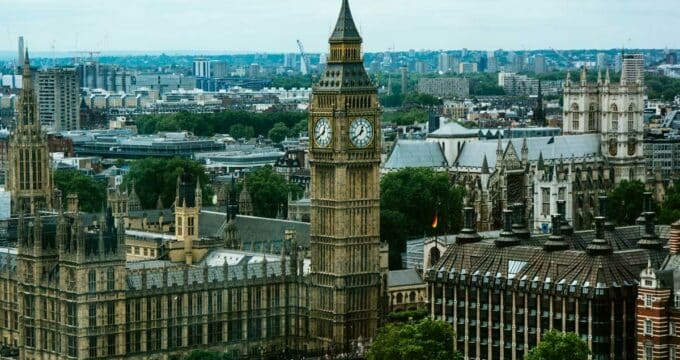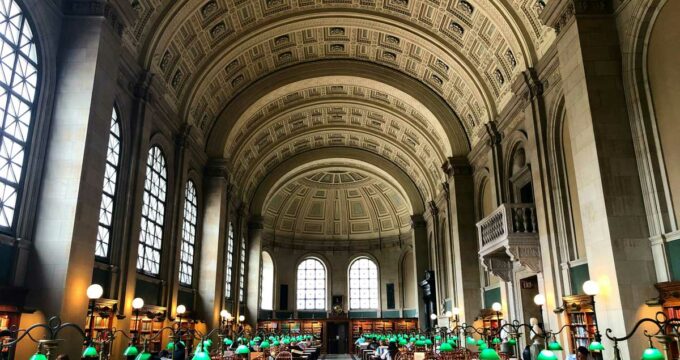US administration revives proposal to limit terms of student visas
- In 2020, under the first Trump administration, the Department of Homeland Security proposed a substantive rule change to limit the terms for which student visas would be issued
- The rule would have set a maximum length of four years for F-1 visas, with students from some countries or those in specific programme areas limited to two years
- The current administration has now signalled its intent to propose a similar rule
- If passed, the policy would mark a significant departure from the current “duration of status” system in the US
The Trump administration has given notice of a proposed rule change that seeks to limit the term for which a student visa can be issued. If adopted, the new rule would mark a departure from the current "duration of status" approach to issuing student visas in the United States.
"Duration of status" essentially allows foreign students to remain in the US for the duration of their academic programmes so long as they are abiding by the rules of their visa category. The significance of the proposed rule – details of which have not yet been published – is that it would introduce fixed-term limits on new student visas.
The move echoes a similar proposal introduced towards the end of the first Trump administration in 2020. At that time, the intent was to limit F-1 visas to term of the intended programme of study, up to a maximum of four years, after which students would have to apply for a visa extension or a new visa in order to continue their studies in the US.
Under the 2020 proposal, international students from a number of specific countries would have also been limited to a two-year visa term, rather than four years. The two-year visa was proposed for:
- Students from Iran, North Korea, Sudan, and Syria (all on the State Sponsor of Terrorism List).
- Students from countries with visa overstay rates of over 10%. Most of the countries with higher visa overstay rates at the time were in Africa (including Nigeria, an important growth market for the US), and some in Asia – including Vietnam and Nepal. Altogether students from dozens of countries would be subject to the two-year visa limit.
- Students enrolled in Intensive English-language Programmes (IEPs).
That 2020 proposal was controversial and was widely criticised within US higher education. Miriam Feldblum, executive director of the Presidents’ Alliance on Higher Education and Immigration, said at the time that the rule would “set arbitrary timelines that do not match how many academic programmes work, and it is creating barriers and uncertainty for international students who are going to wonder, ‘Is the US the right place for me to come?’”
In the end, the proposal was withdrawn by the Department of Homeland Security (DHS) in June 2021 under the Biden administration.
The new notice – posted on 27 June 2025 and entitled "Establishing a Fixed Time Period of Admission and an Extension of Stay Procedure for Nonimmigrant Academic Students, Exchange Visitors, and Representatives of Foreign Information Media" – signals the current administration's intent to revisit the question.
Where to from here?
Commenting on the new proposal, NAFSA says, "The 'good' news is that it was submitted as a proposed rule, rather than interim final or final rule. Since this is at the proposed rule stage, a rule would not become final until after [DHS] reviews public comments on the proposed rule, submits a final rule for [Office of Management and Budget] review, and then publishes a final rule in the Federal Register with a future effective date."
Writing to DHS in October 2020 on the earlier proposal to establish fixed-term limits for F-1 visas, then-NAFSA CEO Esther Brimmer said, "I urge you to withdraw this poorly conceived rule from consideration."
"If finalised, the rule will foster tremendous uncertainty for many international students and exchange visitors about whether they will be able to maintain their legal status in the United States through the completion of their studies or program.
Under the proposed rule, administering international student and exchange visitor programmes will be far more difficult. The rule also sends a message, not only to international students and exchange visitors but to the world in general, that exceptional talent, work ethic, diverse perspectives, and economic contributions from abroad are not welcome in the United States."
For additional background, please see:
















